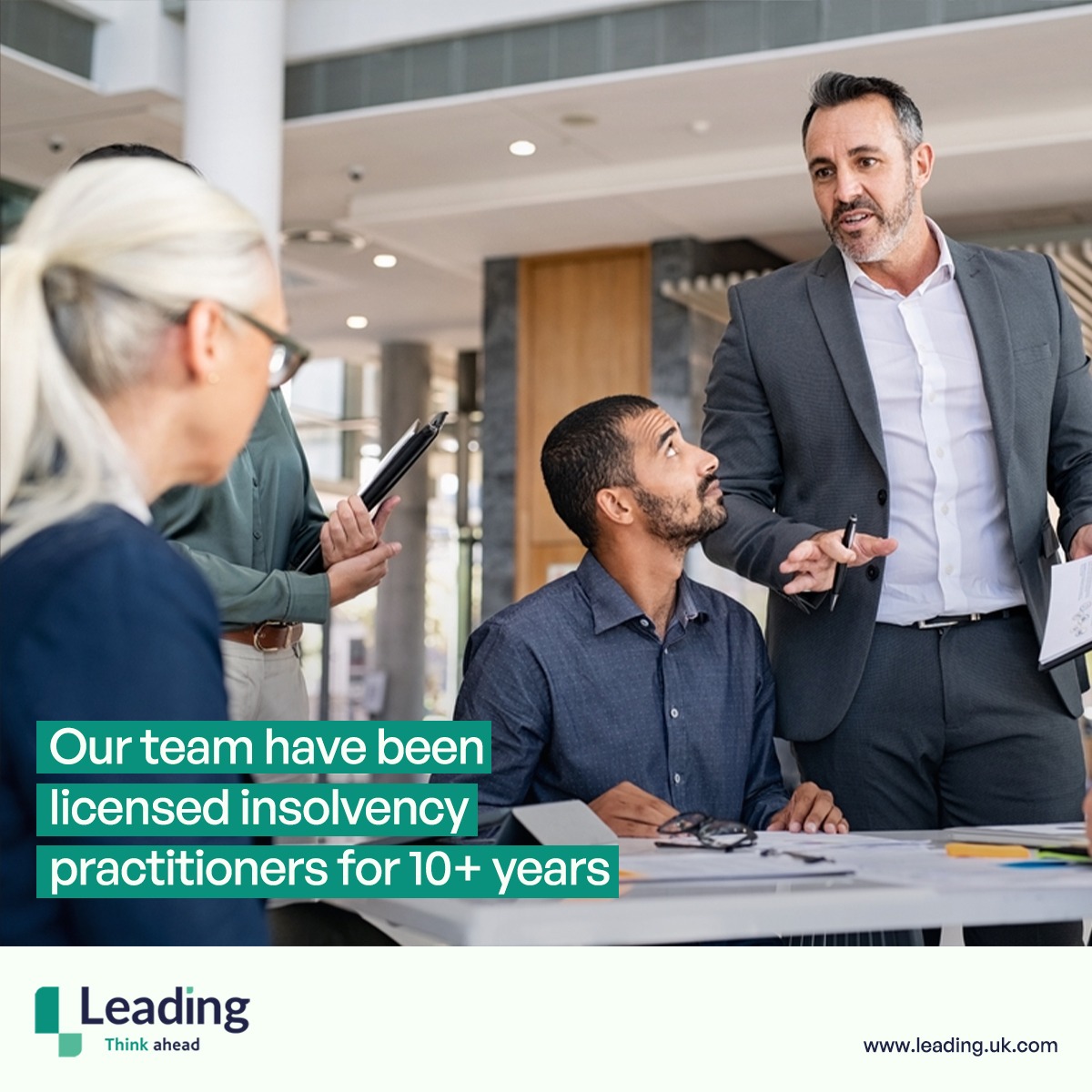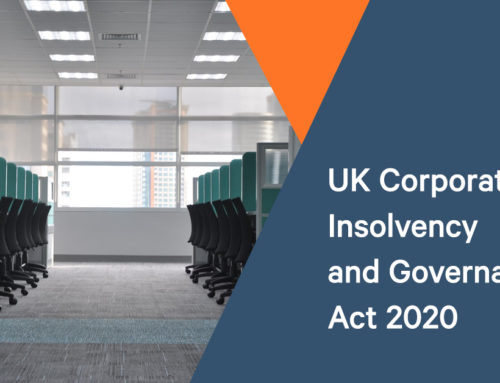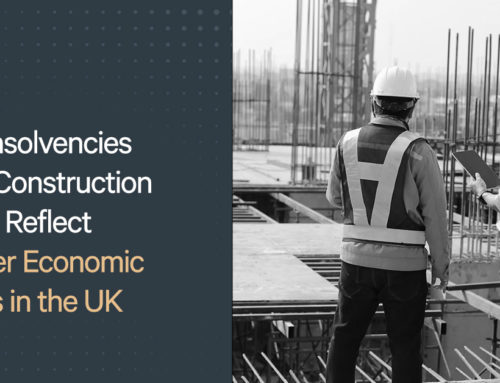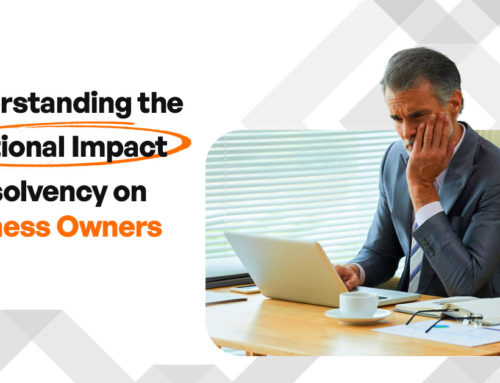As businesses start to emerge from the coronavirus pandemic, the reality of government backed loans, furlough schemes and lost revenue is starting to bite. Couple that with rising energy costs, interest rates going up and inflation predicted to hit 8%, the number of companies struggling with debt is growing.
Recent statistics report that in January 2022, there were 1,560 registered insolvencies in England and Wales; that’s a 122% increase on January 2021. Dealing with debt and the prospect of insolvency is daunting and overwhelming. When you’ve taken the step into an insolvency process, whether it is voluntary or compulsory, you need to look for the best insolvency service available. But you need to ensure that the licensed insolvency practitioner (IP) you work with is able to understand your business financial problems, including how they came about, are good at communicating with your creditors and with whom you can build a proactive working relationship.
What does an insolvency practitioner do?
Insolvency practitioners must be registered with The Insolvency Service to be licensed to handle individual and company insolvency procedures, in accordance with the Insolvency Act 1986.
The specific services of an insolvency practitioner (IP) may vary from firm to firm but in general, they will incorporate:
- Reporting to creditors on why the company or individual they’re acting for is insolvent.
- Managing the negotiations between creditors and the debtor to arrange a satisfactory agreement.
- Manage and resolve any legal claims against the debtor.
- Report to HMRC and The Insolvency Service on insolvency proceedings.
- Run the debtor’s company until the insolvency process has been completed.
- Liaise with the debtor and creditors in voluntary arrangements with regards to repayment plans.
- Arrange for the sale of any assets held by the company or individual to raise funds and pay creditors.
- Manage all the necessary documentation and legal requirements, including posting a notice in The Gazette, filing reports and notifying Companies House (if relevant).
It must be remembered that in an insolvency procedure, the IP’s responsibility is to the creditor, not the debtor. Although they are acting on the debtor’s behalf, their role is to ensure the best agreement is reached for the creditors. So, if company or individual assets need to be sold to raise funds, the IP will manage this task.
Not all insolvency cases end in the business closing or the individual declaring bankruptcy. Once the debtor’s insolvent position has been established, the IP may feel that the better option is to secure an agreement with creditors. For an individual, this is likely to be an Individual Voluntary Arrangement (IVA) or Debt Relief Order (DRO) where the debtor pays just one monthly repayment to the IP who will then distribute the funds between the debtors. For a company, it may be a rescue package, such as administration, or a Company Voluntary Arrangement (CVA), which is handled on the same basis as an IVA.
Choosing the best insolvency service
When deciding on an insolvency practitioner to handle your business rescue, individual debt or liquidation process, there are a number of aspects that you should consider:
- Experience – for an IP to manage your insolvency process in the best way, they should have experience not only handling insolvency situations, but if it’s a company, it is far better if they have experience of insolvency matters in your particular industry or business sector. Their insight into the market position of your industry will help them understand the company’s financial position, and the reason why the debt difficulties have arisen. This will help them in negotiations with creditors and the sale of any assets.
- Communication and relationships – good levels of communication are essential. When an IP assesses a company’s or individual’s debt situation, the main aim is to see if a business rescue package is a better option. Therefore, the better their communication with the company’s directors as well as the creditors, and the more effective they are in communicating their intention, the greater the likelihood of an agreement being reached. If the company or individual enters a formal insolvency procedure, such as liquidation, an IP that is able to communicate effectively may be able to encourage creditors to be patient and not continue with legal proceedings, which may end up being costly for both parties. Ultimately the better the relationship with the IP, the better the outcome for the debtor and creditors; it may mean the difference between a long, drawn out procedure or a resolution in a matter of months.
- Adept at project management – your IP needs to have a certain level of project management skills. There is a specific procedure that must be followed insolvency processes which the IP needs to understand. They must also have effective leadership and management skills to be able to work with multiple parties and implement the right procedures.
- Fees – a major factor in choosing an insolvency practitioner is the fees they will charge. Any insolvency procedure incurs costs, such as court fees, but you will also be paying the insolvency practitioner acting on your behalf. Fees will differ depending on the firm; some charge an upfront fee and the remainder on completion, some are happy with being paid at the end of the insolvency procedure. An IP is considered a priority creditor under The Insolvency Act 1986 and therefore, one of the first people to be paid. Their fee will be added to the debt you owe. If entering a long-term arrangement, you need to consider that you will be making a regular payment to the IP and their ongoing fees will be included in that payment. Remember that if you default on any repayments, a creditor or the IP is entitled to apply to court for a winding up notice, which will incur further costs.
It’s important that when looking for the best insolvency service in Norfolk and Suffolk, you ensure that the IP you select is working in the best interests of you and your creditors. This may be negotiating a business rescue package or managing a liquidation process. Any debt situation can be difficult, emotionally and physically, and your IP needs to be understanding as well as effective.
If you are struggling with personal debt and unsure what the right route is to deal with your creditors, the first step is to seek professional advice. Our highly experienced professionals at Leading are on hand to help with advice on managing personal and professional insolvency matters. Contact us today and discover how we can help you.






